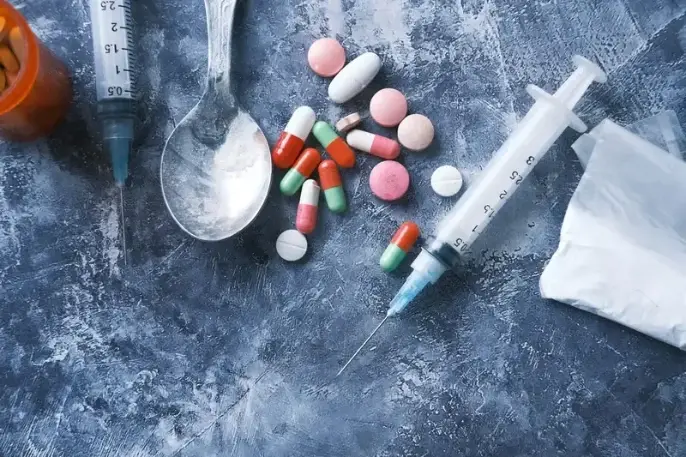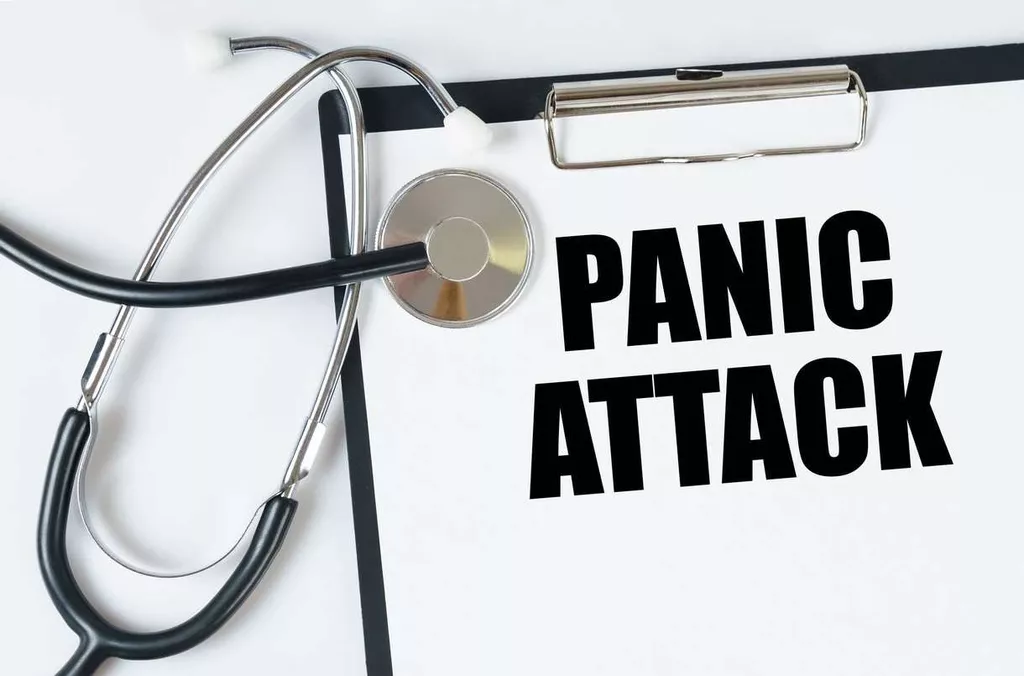
The idea is that by fasting from these activities, we’ll become less dependent on the emotional high that dopamine produces, which can sometimes lead to dependence or addiction. Over time, the impact of chronic alcohol consumption on these pathways can cause significant changes in the brain. The disruption of neurochemical balance increases both the likelihood of addiction and also harmful drinking behavior. The dopamine stabilizer OSU6162 was recently evaluated in a placebo‐controlled human laboratory alcohol craving study in 56 alcohol dependent individuals 197.
Find the best alcohol treatment center
When dopamine binds to its receptors, it triggers a cascade of intracellular events that modulate the activity of target cells. These signaling pathways involve second messengers, enzymes, and protein does alcohol increase dopamine kinases, ultimately influencing gene expression, neuronal excitability, and synaptic plasticity. The specific effects of dopamine activation depend on the receptor subtype and the brain region where the receptors are located.
Interactions Between Serotonin and Other Neurotransmitters

We found no significant differences in ChAT or vAChT expression between control and alcohol treated subjects, suggesting that long-term alcohol consumption does not adversely affect cholinergic interneurons. Similarly, Alcoholics Anonymous we did not see any significant changes in mRNA levels of the nAChR subunits. This may be due to the ubiquitous expression of nAChRs in the striatum which would limit our ability to detect changes in specific cell types. The dorsal striatum (DS) is implicated in behavioral and neural processes including action control and reinforcement.
Alcohol, Dopamine, and Addiction

Furthermore, the author hopes that the present text will be found useful to novices and experts alike in the field of neurotransmitters in alcoholism. These include the duration and severity of alcohol use, overall health, age, genetics, and lifestyle factors such as diet, exercise, and stress levels. Some individuals may experience relatively rapid improvements in mood and cognitive function, while others may face a more prolonged recovery process. During this initial phase, individuals may experience a range of withdrawal symptoms directly related to dopamine fluctuations. These can include intense cravings for alcohol, mood swings, anxiety, depression, and difficulty experiencing pleasure from everyday activities. The severity of these symptoms can vary widely depending on factors such as the duration and intensity of alcohol use, individual physiology, and overall health.
- Thus, traditional dopamine D2 receptor antagonists have been evaluated as potential treatment targets for alcohol dependence based on the hypothesis that they are expected to block the rewarding effects of alcohol.
- This knowledge can help us better comprehend the impact of alcohol on our brain and make informed decisions regarding alcohol consumption.
- However, in our world today, there are so many things that can give us an artificial dopamine boost and oversaturate our brain that we continue to chase these highs.
- There are also notable differences in dopamine response between casual drinkers and heavy drinkers.
- Our recovery programs are based on decades of research to deliver treatment that really works.
A study released on August 2, 2013 found that those who are energized by alcohol have a hyperactive dopamine response to alcohol and are genetically predisposed to drink more heavily. Dopamine is one of the brain’s means of communicating some of our most fundamental wants and needs, and it “rewards” people for eating, drinking water, exercising, and having sex as a way to reinforce those behaviors—to keep doing the things that keep life going. As we continue a pattern of habitual drinking, the brain gets used to the new normal of getting its dopamine externally — and having too much of it.
These factors include (1) the type of stimuli that activate dopaminergic neurons, (2) the specific brain area(s) affected by dopamine, and (3) the mode of dopaminergic neurotransmission (i.e., whether phasic-synaptic or tonic-nonsynaptic). To modulate the responsiveness of neighboring neurons to glutamate, dopamine modifies the function of ion channels in the membrane of the signal-receiving (i.e., postsynaptic) neuron. The activity of some of these ion channels (i.e., whether they are open or closed) depends on the voltage difference, or potential, between the inside and the outside of the cell membrane adjacent to these channels. Through its effects on G proteins, dopamine indirectly modifies the sensitivity with which voltage-dependent channels respond to changes in the membrane potential that occur when glutamate binds to its receptors, which also act as ion channels (i.e., receptor-operated channels). In conclusion, while that cocktail might indeed provide a temporary dopamine boost, understanding its broader impacts on brain chemistry can help us approach alcohol consumption with greater awareness and responsibility.
Acute Alcohol Effects on the Brain’s Serotonin System
Meth releases a surge of dopamine, causing an intense rush of pleasure or prolonged sense of euphoria. Over time, meth destroys dopamine receptors, making it impossible to feel pleasure. Short-term effects of alcohol on your vision There is a delay between the brain and the eyes due to the slow pace of communication between neurotransmitters in the brain which weakens the eye muscle coordination. Overconsumption of alcohol can also result in an increased occurrence of dry eye and eyelid twitching. Dopamine plays an essential role in mood and neurodevelopmental disorders, such as anxiety, depression, and attention deficit hyperactivity disorder (ADHD). Since alcohol disrupts dopamine production and usage, drinking can lead to either an exacerbation in symptoms or the development of mood disorders.
Cellular Actions of Dopamine

If it sounds like all of this might be a minefield for someone with alcoholism to try to navigate, it is. Dopamine is, after all, an absolutely essential chemical that contributes to your ability to function at all. Individuals suffering from extremely low levels may experience a variety of unusual disorders, including Tourette’s syndrome. For most modern societies, there’s a strong relationship between alcohol and social situations. It’s not an accident that alcohol is often served in settings that promote high dopamine levels, such as dancing, friendly conversation and sexualized interactions.

The study also suggests that mindfulness meditation can remodel brain networks that can lead to recurrence. Because you’re low on dopamine, you’ll turn to alcohol to boost your levels, but this will disable the brain’s built-in braking system, which restricts dopamine receptivity. The Reframe app equips you with the knowledge and skills you need to not only survive drinking less, but to thrive while you navigate the journey. Our daily research-backed readings teach you the neuroscience of alcohol, and our in-app Toolkit provides the resources and activities you need to navigate each challenge. The term “dopaminergic” refers to both the neurons and the signaling processes that use dopamine.
In addition, those individuals may be predisposed to drink more heavily and develop an alcohol addiction. As a result, people with an alcohol addiction may consume even more alcohol in an unconscious effort to boost their dopamine levels and get that spark back. Dopamine also activates memory circuits in other parts of the brain that remember this pleasant experience and leave you thirsting for more. But over time, alcohol can cause dopamine levels to plummet, leaving you feeling miserable and desiring more alcohol to feel better. Dopamine is a critical receptor in the human brain that controls a wide array of functions, particularly ones that relate to how the brain interacts with the body. The chemical is a go-between that handles messages sent between brain cells, and its proper operation is essential to virtually everything you think of as part of being a functional person.
